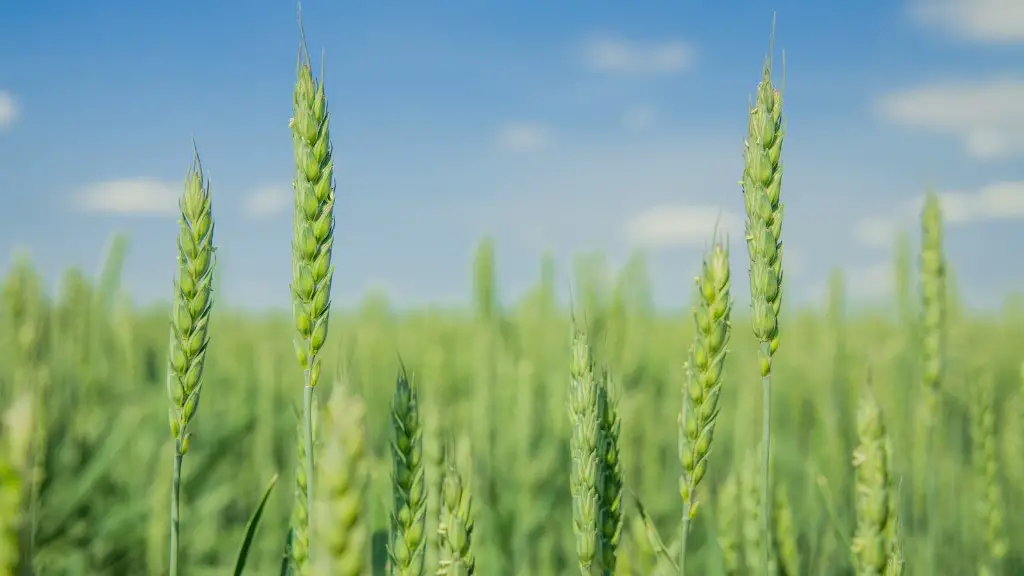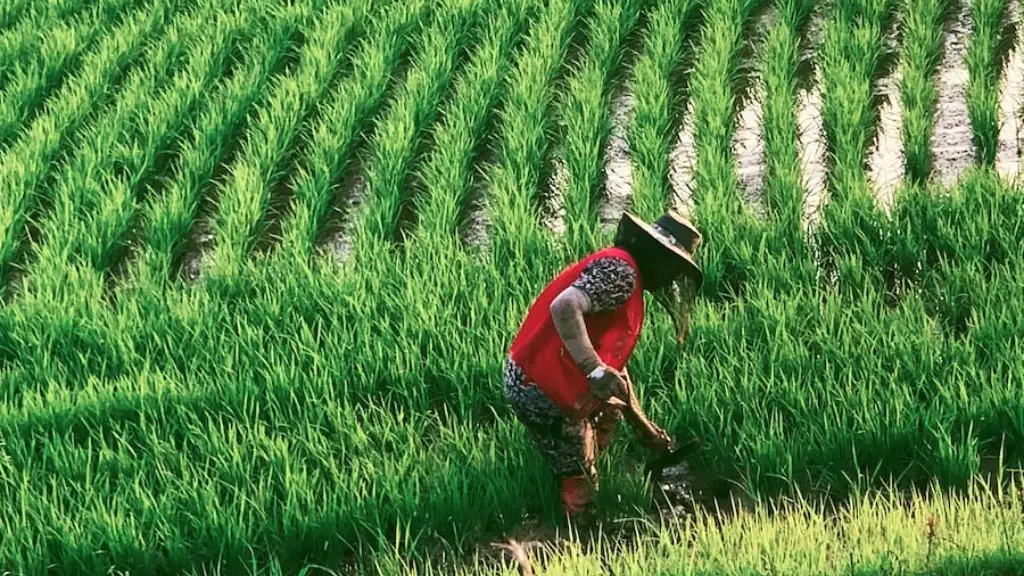Technology has had a dramatic impact on agriculture. From mechanization and the use of specialized tools and machines to artificial intelligence, technology has enabled us to maximize crop yield and quality, reduce human labour and time, and increase the efficiency of agricultural production. In this blog post, we’ll explore how technology has revolutionized modern agriculture.
Crop Optimization
Modern technology has enabled us to customize crop production to perfectly match the unique requirements of each crop. This includes using satellite imagery and predictive analytics to optimize planting and harvesting times, the use of smart irrigation systems to ensure perfect water levels, and the application of sensors to monitor the health and growth of crops. By using this technology, farmers are able to better optimize their crop yield and quality, which leads to increased efficiency and profit.
Robotics and Automation
Robotics and automation have been instrumental in helping to reduce labour costs and enhance efficiency in the agricultural industry. Automated systems are used in a variety of applications, from watering and fertilizing fields, to planting, harvesting and sorting crops. Robotics have also enabled farmers to more accurately monitor their crops, allowing them to quickly identify and respond to any issues.
Artificial Intelligence and Big Data
AI and big data are revolutionizing the way we manage our crops and livestock. AI helps farmers to analyze vast amounts of data in a fraction of the time it would take a human, enabling them to quickly identify crop issues and make more informed decisions. Big data is also being used to predict weather patterns and climate change, which allows farmers to adjust their cultivation plans accordingly.
Precision Farming
Through the use of advanced sensors and GPS technology, farmers can now monitor their fields to a much greater level of precision. With precision farming, farmers can adjust their fertilization, seeding, and irrigation methods based on real-time data, resulting in increased crop yields and better long-term sustainability.
Improved Animal Health
Caring for livestock can often be a challenge for farmers, and modern technology has made a big difference in this regard. Through the use of sensors and smart technology, farmers can now track the location, health, and well-being of their animals in real-time, allowing for more accurate and proactive management.
Sustainable Farming
Sustainability has become an increasingly important factor in agricultural production, and technology has enabled us to develop more Inexpensive and efficient methods of cultivation. Powering agricultural equipment with renewable energy sources, utilizing smart soil management techniques, and exploring new water conservation strategies are just some of the ways that technology is helping to make farming more sustainable.
Remote Technology
Remote technology allows farmers to manage their operations remotely using web-based apps, giving them access to real-time data and insights into their crops and livestock, no matter where they are. This technology allows farmers to better manage their farms and ensure their operations are running smoothly.
Improved Waste Management
Maintaining healthy soil is a key part of sustainable agriculture and technology has enabled us to develop new methods of waste management. Through the use of biodegradable materials and the introduction of composting systems, farmers are now able to reduce their environmental footprint and better manage their waste.
Crop Protection
Modern technology has revolutionized the way crops are protected from disease and pests. Through the use of sensors and automated drones, farmers can detect and monitor pests and diseases more quickly and accurately, allowing them to respond faster and more efficiently.
Data Analysis
Data analysis has become a key tool in modern agriculture, enabling farmers to collect and analyze vast amounts of data in order to better inform their decisions. Data analysis allows farmers to track trends, compare results, and identify areas where they can make improvements and increase their efficiency.


